This week, Valere’s President, Alex Turgeon, and Director of Service, Logan Reilly, made their way to NYC for AWS Summit 2025. As an AWS partner, Valere’s attended numerous AWS Summits and re:Invent in the past- this time felt different. Walking out of this year’s summit, Alex had one clear takeaway: “AWS may have just solved the biggest problem we've faced with scaling enterprise AI—the gap between getting POC’s to PROD.” Here's what caught our attention and how Valere already implementing these changes for our partners.
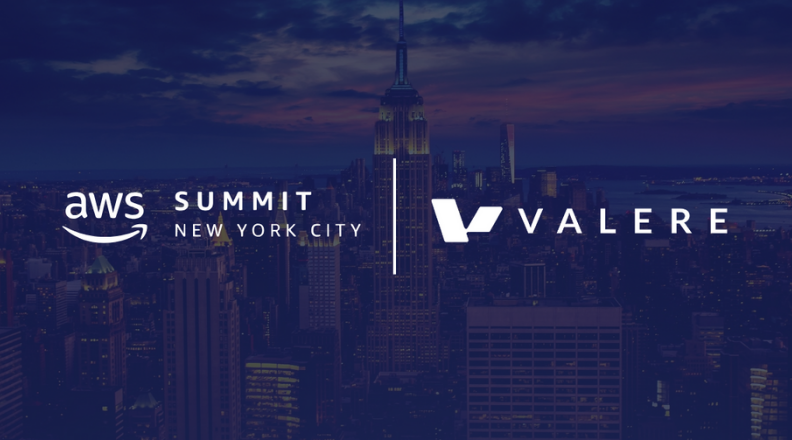
On this page
Amazon Bedrock AgentCore: AI Agents That Work in the Real World
KIRO IDE: The End of "Vibe Coding" Technical Debt
Amazon S3 Vectors: The Cost Game-Changer Nobody Saw Coming
What This Actually Means for Your Business
How Valere Is Implementing These Changes for Our Partners
What's Next for Forward-Thinking Organizations
The headline announcement was Amazon Bedrock AgentCore, and it addresses every complaint we've heard from Fortune 500 clients about AI implementations. Most companies struggle to get basic AI prototypes into production, let alone managing autonomous agents.
AgentCore eliminates the tedious infrastructure work and operational complexity that's been killing enterprise AI projects. The platform includes seven core services that tackle real business problems:
AgentCore Runtime handles the heavy lifting of session management and scaling. It supports interactive experiences with low latency and complex asynchronous workloads running up to eight hours. That's the longest in the industry, and it matters when you're processing complex business workflows that can't just timeout after 30 minutes.
AgentCore Memory caught Alex's attention because it addresses a fundamental problem. It manages both session and long-term memory, providing relevant context to models while helping agents learn from past interactions. Most businesses we work with can't even manage their existing data properly, but this could change that dynamic.
AgentCore Identity solves authentication headaches by enabling AI agents to securely access AWS services and third-party tools like GitHub, Salesforce, and Slack. Security concerns have killed more AI projects than technical limitations, so this integration with Microsoft Entra ID and Okta is huge.
The remaining services - Gateway, Observability, Code Interpreter, and Browser - round out what's essentially a complete platform for enterprise AI agents.
What impressed Alex most was the framework-agnostic approach. You're not locked into AWS's preferred tech stack. It works with CrewAI, LangGraph, LlamaIndex, and custom frameworks. You pick what works for your specific use case.
The pricing model removes traditional barriers: free until September 16, 2025, then consumption-based. No upfront infrastructure costs mean you can propose comprehensive pilots without the usual budget battles.
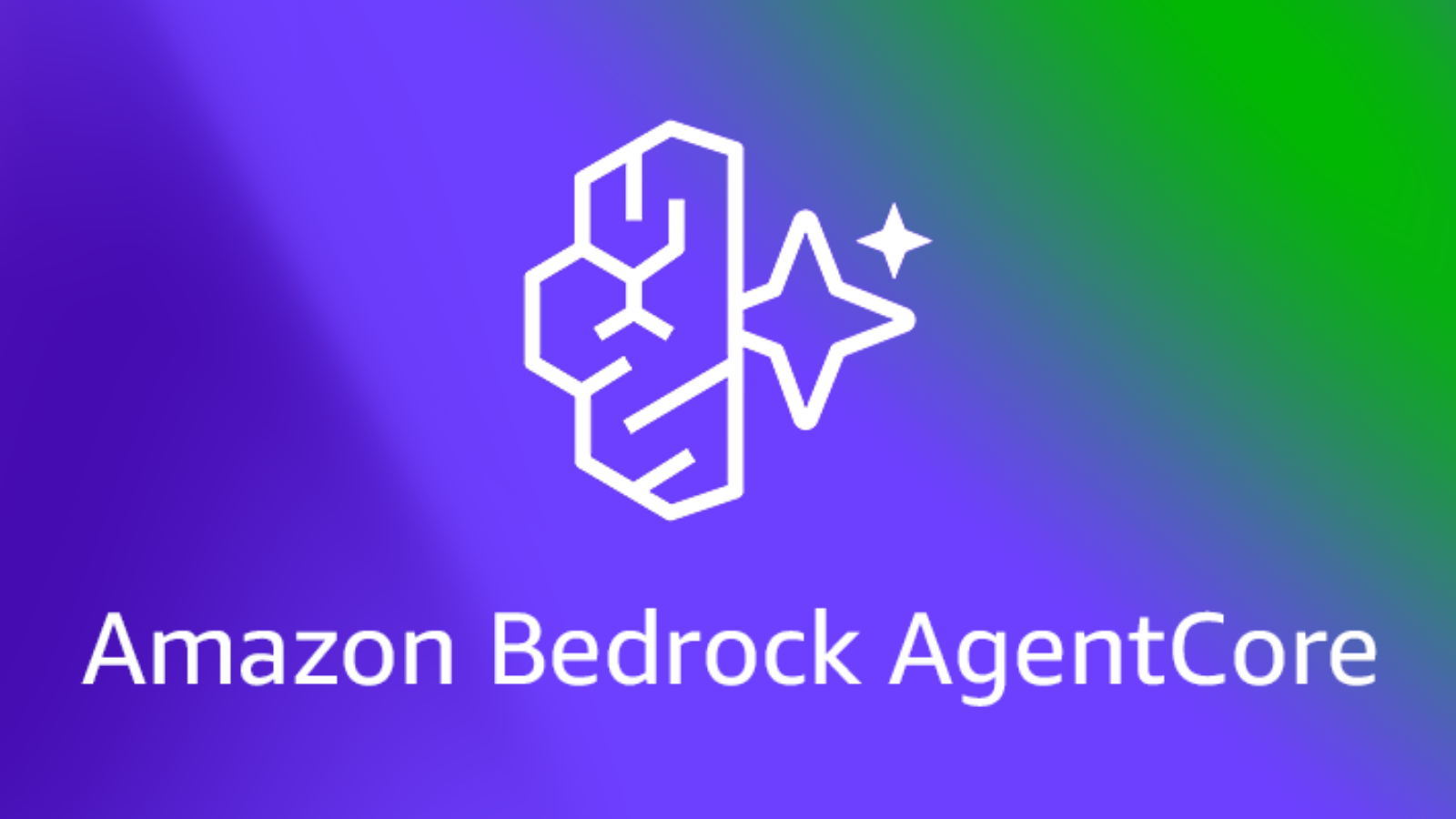
AWS's new agentic AI IDE, KIRO, surprised Alex because it solves something we've been dealing with for months: the technical debt nightmare of AI-generated code.
KIRO introduces a spec-driven development methodology that transforms ideas into production-ready systems. The demos showed developers building complete applications in under an hour. While that sounds like marketing fluff, the underlying approach is solid.
KIRO's approach centers on three critical specification files that serve as your project's single source of truth:
This systematic approach prevents the maintenance disasters we've seen in client implementations. No more "vibe coding" that looks good in demos but falls apart in production.
Agent Hooks caught our attention. These event-driven automations automatically update tests when components change, refresh documentation when APIs are modified, and scan for security vulnerabilities before commits. For distributed development teams, this level of automated governance is essential.
At $19 per user per month for the Pro tier, KIRO's pricing makes enterprise adoption feasible. Early analysis suggests development teams could see 70-80% reduction in time-to-production while maintaining enterprise-grade code quality.
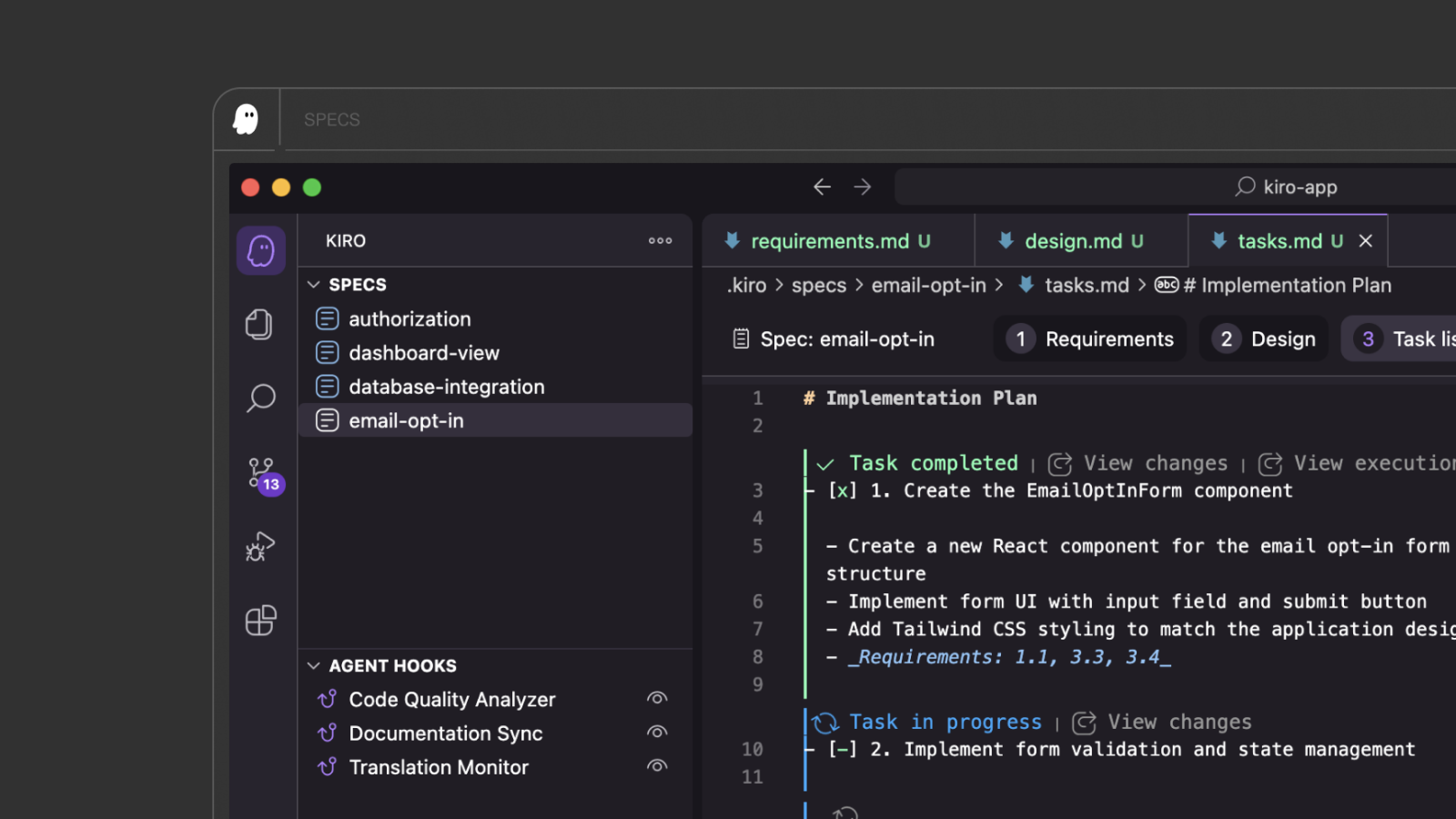
Amazon S3 Vectors as the first cloud storage service with native vector support is bigger than most people realize. This isn't just technical innovation - it's removing a major barrier to AI adoption.
The economics are compelling: up to 90% reduction in vector storage costs while maintaining sub-second query performance. Vector storage has been expensive enough to kill many AI projects before they start. Companies that couldn't justify the storage costs for large-scale AI applications suddenly have options.
S3 Vectors supports billions of vectors and up to 10,000 vector indexes per bucket. You can now build comprehensive knowledge bases without the infrastructure complexity of traditional vector databases. The integration with Amazon Bedrock Knowledge Bases creates cost-effective options for enterprise search and retrieval systems.
For healthcare and financial services clients, this capability is transformative. You can store billions of medical image embeddings or comprehensive legal document collections at a fraction of previous costs, with the 99.999999999% durability that regulated industries require.
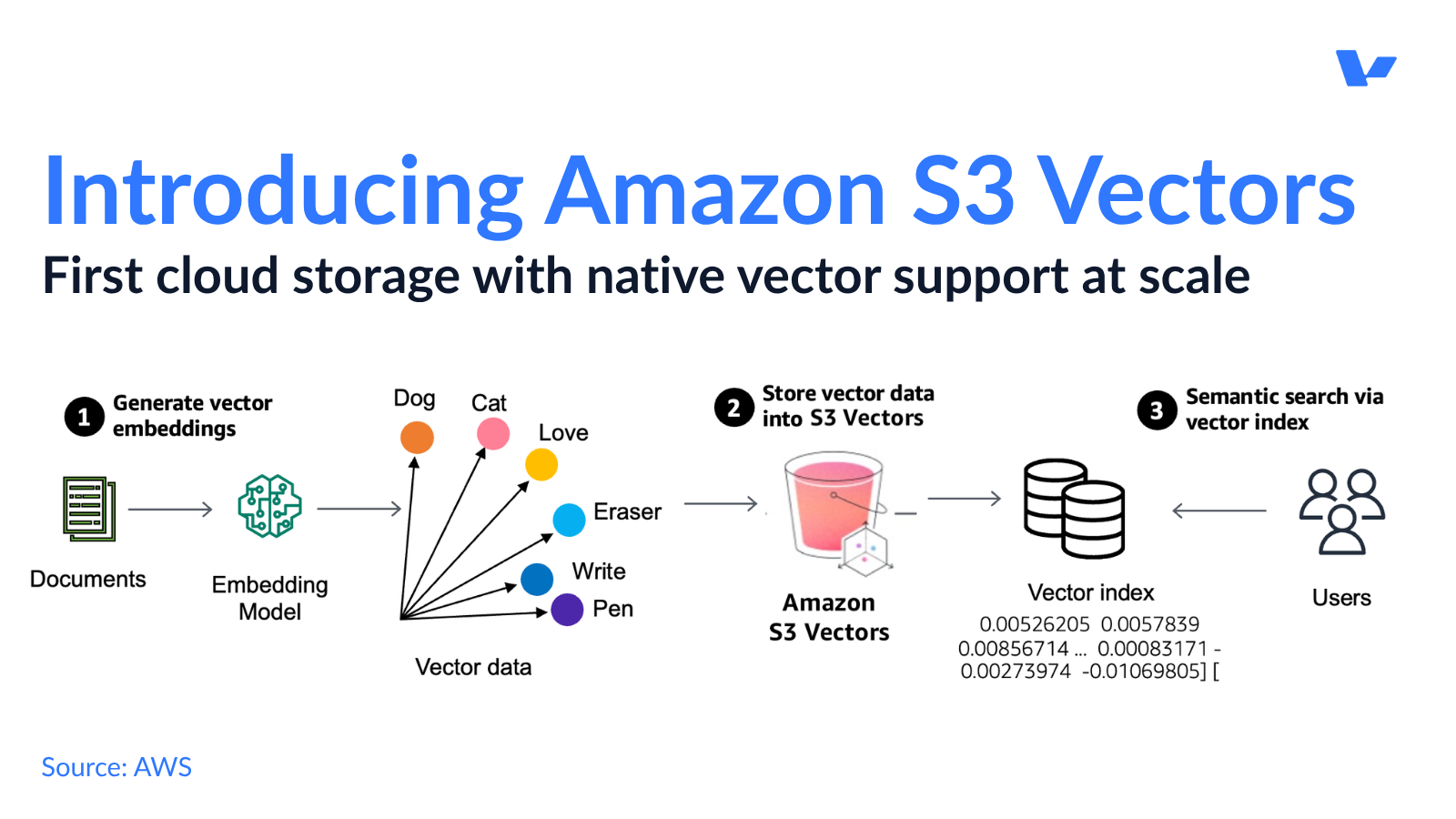
These announcements position AWS as the definitive platform for enterprise agentic AI. The new AI Agents and Tools category in AWS Marketplace provides a direct path to market for proprietary solutions, with API-based delivery methods that align with modern SaaS expectations.
While Microsoft leads overall GenAI adoption with 62% of new case studies versus AWS's 16%, AWS's comprehensive enterprise platform approach could rapidly shift market dynamics. The combination of AgentCore's production-ready capabilities, S3 Vectors' cost advantages, and KIRO's development acceleration creates a compelling value proposition.
The framework-agnostic approach is the real differentiator. Unlike solutions that force adoption of specific AI models or development frameworks, AWS enables you to choose the best technology for your specific use cases while maintaining consistent infrastructure and security standards.
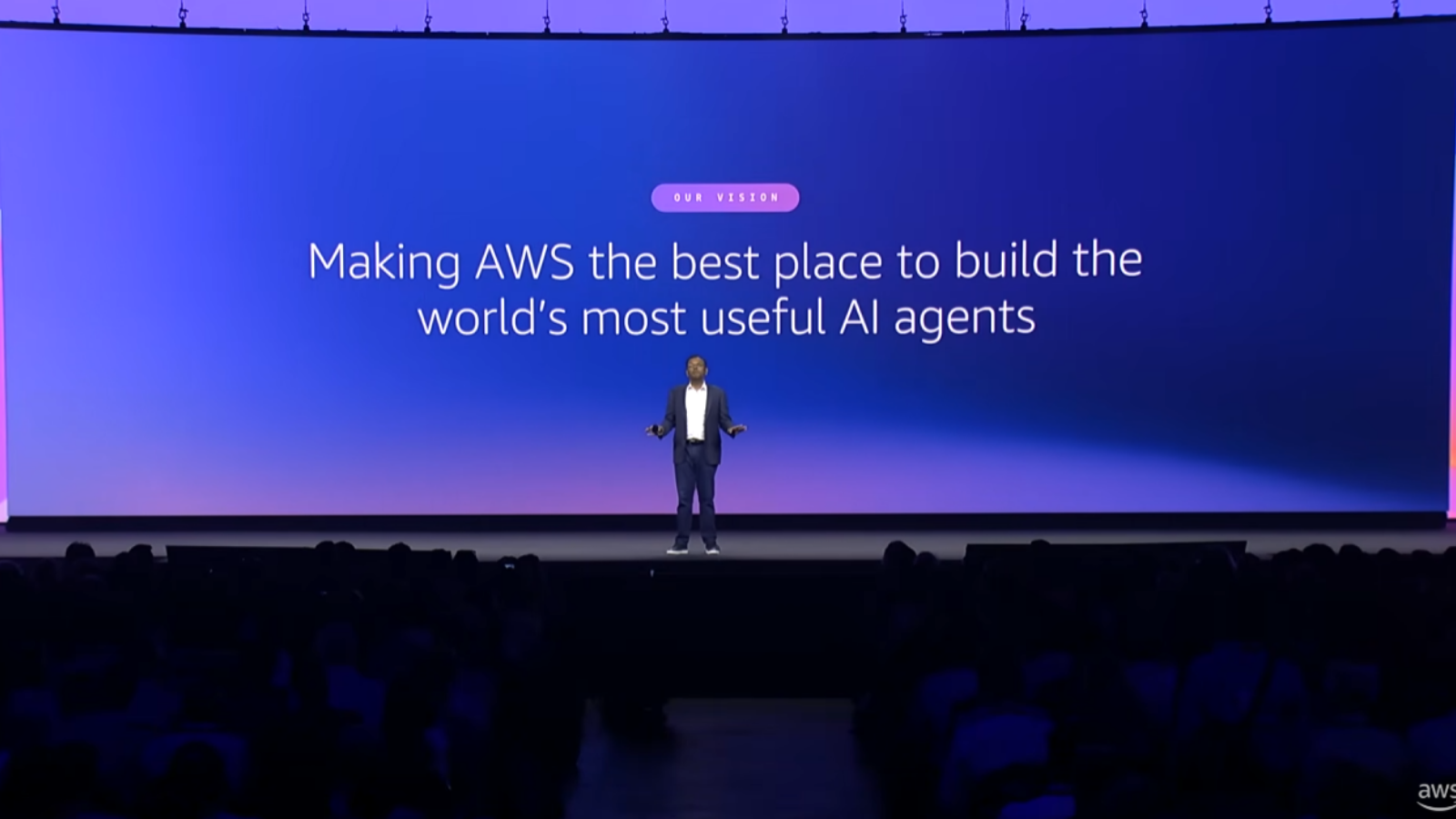
Based on these announcements, here's what Valere is doing right now for our partners: starting with high-value use cases where autonomous agents can deliver immediate business impact. This includes customer service automation, software development assistance, and data analysis workflows. The free preview period through September 16th provides an ideal window for pilot implementations.
Valere is focusing on security and governance from day one. AWS's enterprise-grade approach addresses compliance requirements, but successful implementations still require careful planning around data sovereignty, access controls, and audit capabilities.
Valere is approaching agentic AI as a business transformation initiative, not a technology implementation. The most successful deployments align AI capabilities with specific business outcomes and measure success through operational metrics, not technical complexity.
Gartner predicts that 33% of enterprise applications will use AI agents by 2028, representing a $47 billion market opportunity by 2030. But here's the sobering reality: 40% of agentic AI projects will be canceled due to security, governance, and integration challenges.
AWS's enterprise-focused platform directly addresses these failure points. The comprehensive security features, framework-agnostic approach, and production-ready infrastructure eliminate the traditional barriers to enterprise AI deployment.
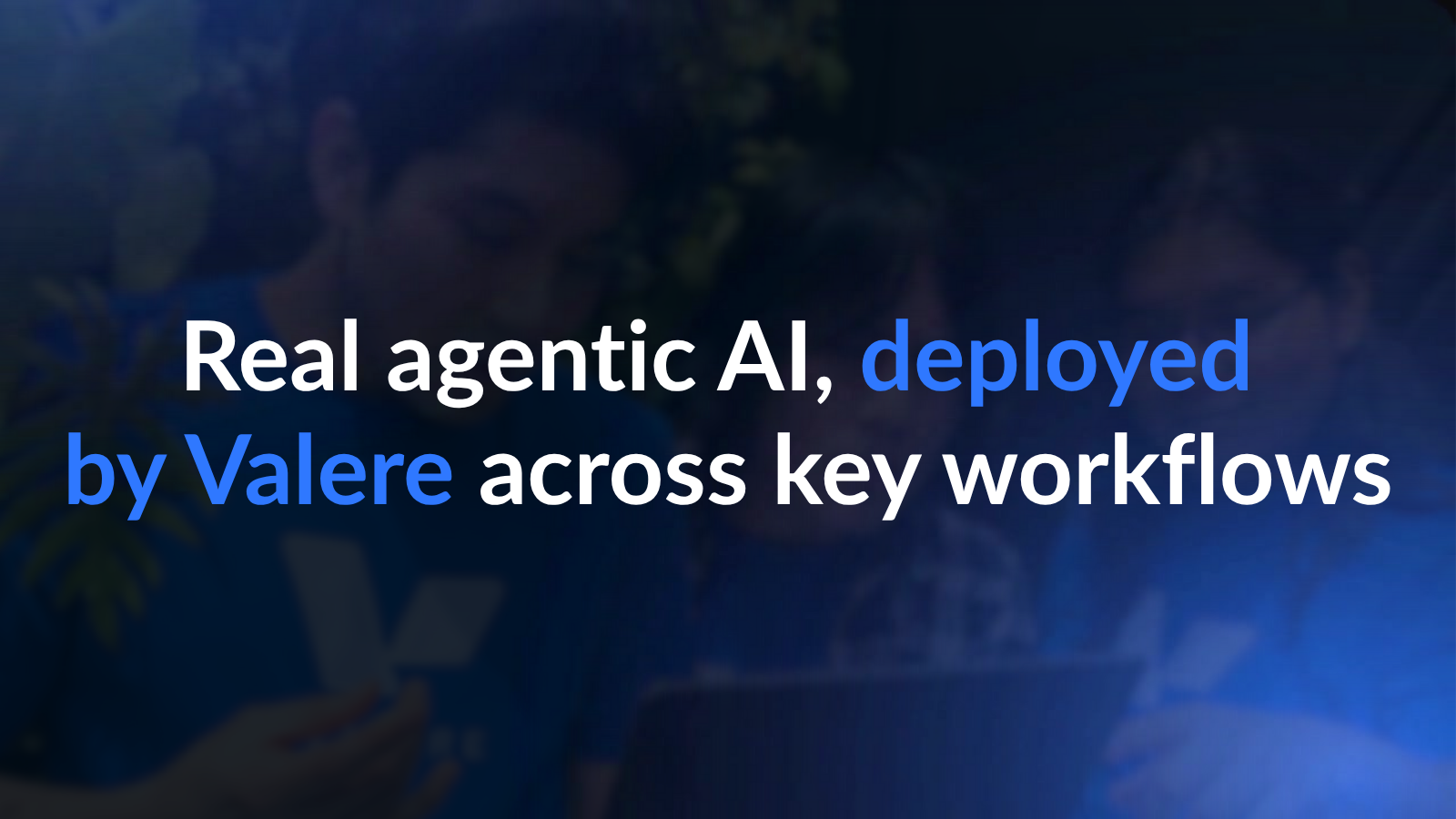
The agentic AI revolution isn't coming, it's here. The question isn't whether to adopt these technologies, but how quickly organizations can transform their operations to leverage them effectively.
AWS has provided the infrastructure foundation. Now it's up to strategic partners like Valere and forward-thinking enterprises to deliver the business outcomes that will define the next decade of enterprise technology.
The future belongs to organizations that can effectively orchestrate human expertise with autonomous AI capabilities. With AWS's comprehensive platform, that transformation is now within reach for any organization willing to think strategically about AI implementation.
Alex's takeaway from the summit: AWS is building the foundation for the next generation of business operations, shifting from software as a service to service as software. Organizations that successfully implement production-ready AI agents will gain significant competitive advantages in operational efficiency, customer experience, and innovation velocity.
The infrastructure is ready. The question is: Are you?
Ready to explore how these AWS agentic AI capabilities can transform your business operations? Let's talk about what makes sense for your specific use case and industry requirements.

Share